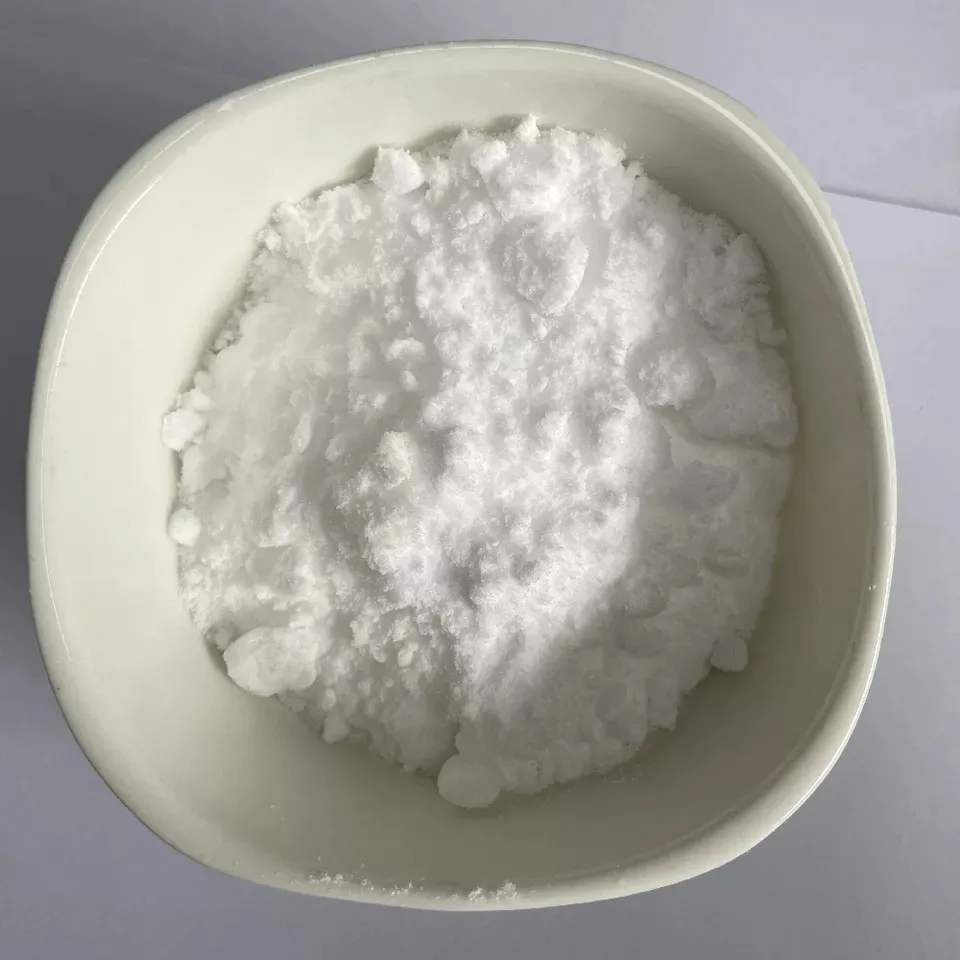Warning: Undefined array key "title" in /home/www/wwwroot/HTML/www.exportstart.com/wp-content/themes/1198/header.php on line 6
Warning: Undefined array key "file" in /home/www/wwwroot/HTML/www.exportstart.com/wp-content/themes/1198/header.php on line 7
Warning: Undefined array key "title" in /home/www/wwwroot/HTML/www.exportstart.com/wp-content/themes/1198/header.php on line 7
Warning: Undefined array key "title" in /home/www/wwwroot/HTML/www.exportstart.com/wp-content/themes/1198/header.php on line 7
- Afrikaans
- Albanian
- Amharic
- Arabic
- Armenian
- Azerbaijani
- Basque
- Belarusian
- Bengali
- Bosnian
- Bulgarian
- Catalan
- Cebuano
- China
- China (Taiwan)
- Corsican
- Croatian
- Czech
- Danish
- Dutch
- English
- Esperanto
- Estonian
- Finnish
- French
- Frisian
- Galician
- Georgian
- German
- Greek
- Gujarati
- Haitian Creole
- hausa
- hawaiian
- Hebrew
- Hindi
- Miao
- Hungarian
- Icelandic
- igbo
- Indonesian
- irish
- Italian
- Japanese
- Javanese
- Kannada
- kazakh
- Khmer
- Rwandese
- Korean
- Kurdish
- Kyrgyz
- Lao
- Latin
- Latvian
- Lithuanian
- Luxembourgish
- Macedonian
- Malgashi
- Malay
- Malayalam
- Maltese
- Maori
- Marathi
- Mongolian
- Myanmar
- Nepali
- Norwegian
- Norwegian
- Occitan
- Pashto
- Persian
- Polish
- Portuguese
- Punjabi
- Romanian
- Russian
- Samoan
- Scottish Gaelic
- Serbian
- Sesotho
- Shona
- Sindhi
- Sinhala
- Slovak
- Slovenian
- Somali
- Spanish
- Sundanese
- Swahili
- Swedish
- Tagalog
- Tajik
- Tamil
- Tatar
- Telugu
- Thai
- Turkish
- Turkmen
- Ukrainian
- Urdu
- Uighur
- Uzbek
- Vietnamese
- Welsh
- Bantu
- Yiddish
- Yoruba
- Zulu
Sep . 17, 2024 13:39 Back to list
Is Dipropylene Glycol Safe During Pregnancy?
Is Dipropylene Glycol Safe for Pregnancy?
Dipropylene glycol (DPG) is a chemical compound widely used in various industries, including cosmetics, pharmaceuticals, and food products. As with many substances, the safety of DPG during pregnancy is a topic of interest for expectant mothers and healthcare providers alike. Understanding its potential effects and safety profile can help guide decisions regarding its use.
DPG is a colorless, odorless liquid that functions primarily as a solvent, moisturizer, and fragrance carrier. Its chemical properties make it an attractive ingredient in a range of personal care products, including lotions, shampoos, and soaps. Additionally, it is utilized in some food and pharmaceutical formulations. Given the vast exposure pregnant women may have to various products containing DPG, it is essential to evaluate its safety during pregnancy.
Currently, there is limited research specifically addressing the safety of dipropylene glycol during pregnancy. However, existing studies and safety assessments from regulatory agencies indicate that DPG is considered to be of low toxicity. The Cosmetic Ingredient Review (CIR) Expert Panel has assessed DPG and concluded that it is safe for use in cosmetics and personal care products at the concentrations typically found in these formulations. This conclusion is based on studies demonstrating minimal irritation potential and low systemic absorption when applied topically.
dipropylene glycol safe for pregnancy

Pregnant women often experience heightened sensitivity to substances due to hormonal changes, which can lead to increased skin irritation or allergic reactions. While DPG is regarded as safe for general use, it is prudent for pregnant women to conduct a patch test when trying new cosmetic products containing this ingredient. If any adverse reactions occur, it is advisable to discontinue use and consult a healthcare professional.
Moreover, it is important to consider the context of exposure. The levels of DPG typically found in cosmetic products are significantly lower than those that could cause harm. Ingesting large quantities of DPG could pose a risk; however, food-grade DPG is classified as generally recognized as safe (GRAS) by the U.S. Food and Drug Administration (FDA), meaning it has been deemed safe for use in food applications.
When it comes to personal care products, expectant mothers should prioritize using items formulated with minimal and safe ingredients. Reading labels, choosing products labeled as hypoallergenic, and opting for those that have undergone rigorous safety evaluations can further minimize risks. Consulting with healthcare providers about personal care product use during pregnancy is also recommended.
In conclusion, dipropylene glycol is regarded as safe for use during pregnancy when used as directed in cosmetic and personal care products. Like with any ingredient, individual reactions can vary, and it is essential for pregnant women to be mindful of the products they choose. By staying informed and cautious, expectant mothers can minimize potential risks while enjoying the benefits of personal care products.
Latest news
-
Certifications for Vegetarian and Xanthan Gum Vegetarian
NewsJun.17,2025
-
Sustainability Trends Reshaping the SLES N70 Market
NewsJun.17,2025
-
Propylene Glycol Use in Vaccines: Balancing Function and Perception
NewsJun.17,2025
-
Petroleum Jelly in Skincare: Balancing Benefits and Backlash
NewsJun.17,2025
-
Energy Price Volatility and Ripple Effect on Caprolactam Markets
NewsJun.17,2025
-
Spectroscopic Techniques for Adipic Acid Molecular Weight
NewsJun.17,2025

